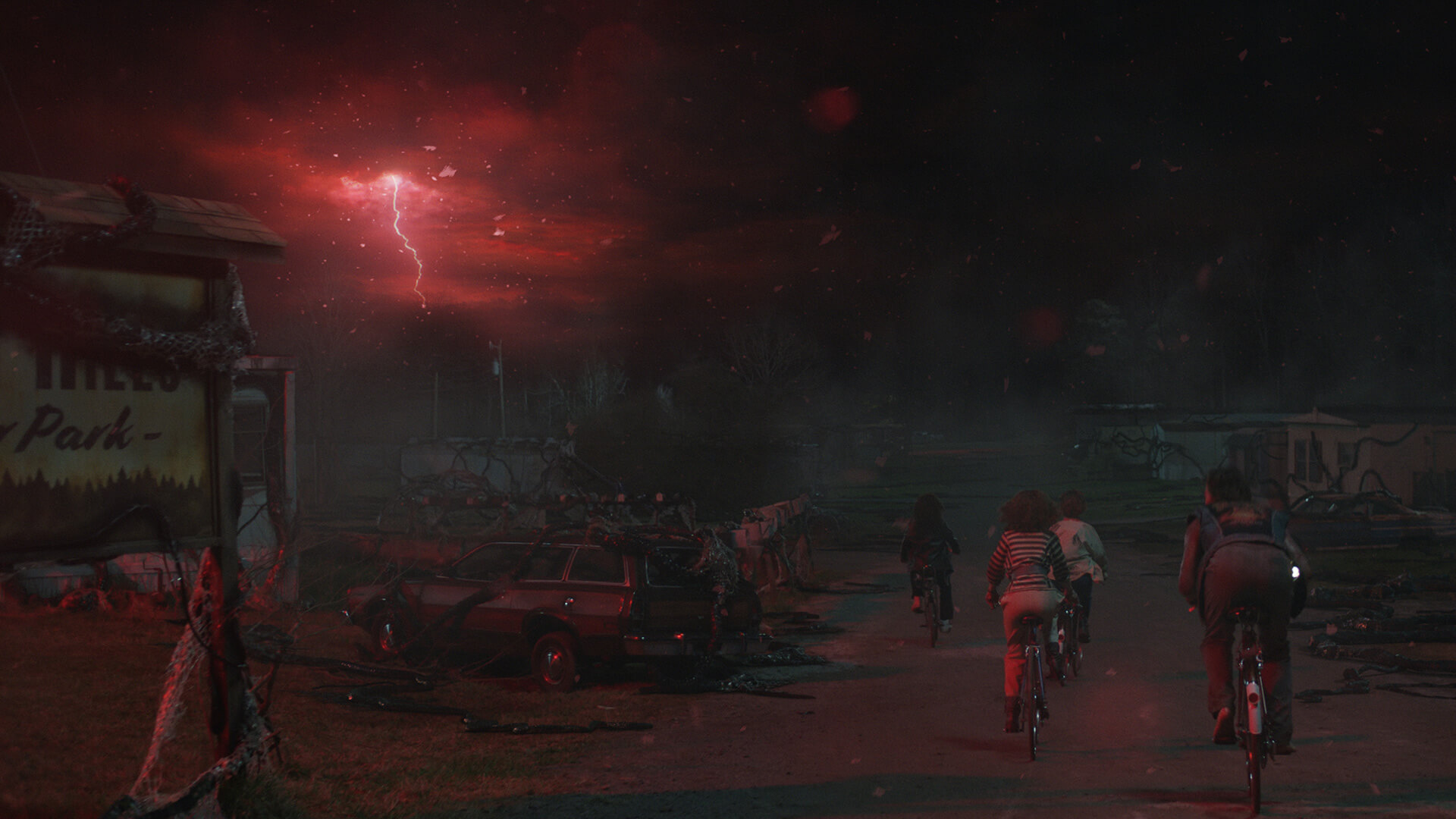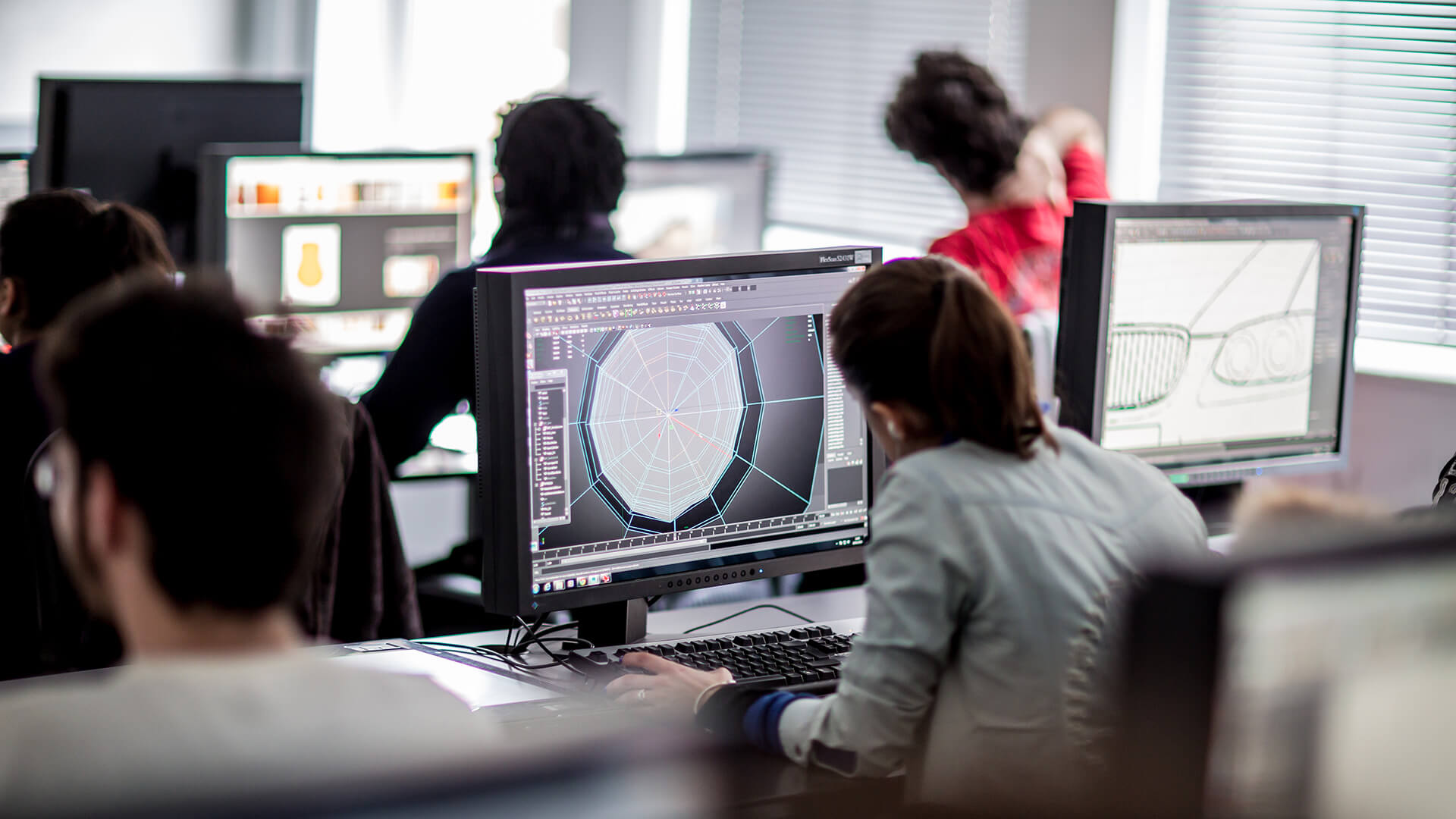
Houdini
Escape Studios offers a range of Houdini courses that will help you master one of the world's leading FX programmes and progress in your Visual Effects career. We're a Certified Houdini School, so you can be sure that our courses will give you the skills you need to succeed.

Houdini Showreel

What make our courses unique?
Studying the Houdini software will ensure you stand out amongst creative professionals - as it is a very popular tool in the film and games markets, those with training are desired. Houdini has been described in the market as a ‘dream’ software, giving artists fine control when creating sophisticated visual effects and tools.
You’ll be taught by a certified SideFX Houdini trainer at a Houdini Certified School, meaning the content is relevant and up to date.
)
Meet our industry-experienced tutors
Our Head of Industry Training and Houdini certified trainer, Mark Spevick has over ten years of industry experience. He got his big break at Peerless Camera, working on every Gilliam film from Fear and Loathing in Las Vegas to The Imaginarium of Dr Parnassus. He also worked on Zorro and Mask of Zorro, before supervising on the set of Casino Royale, and more recently on Marvel’s series Moon Knight for Framestore.




